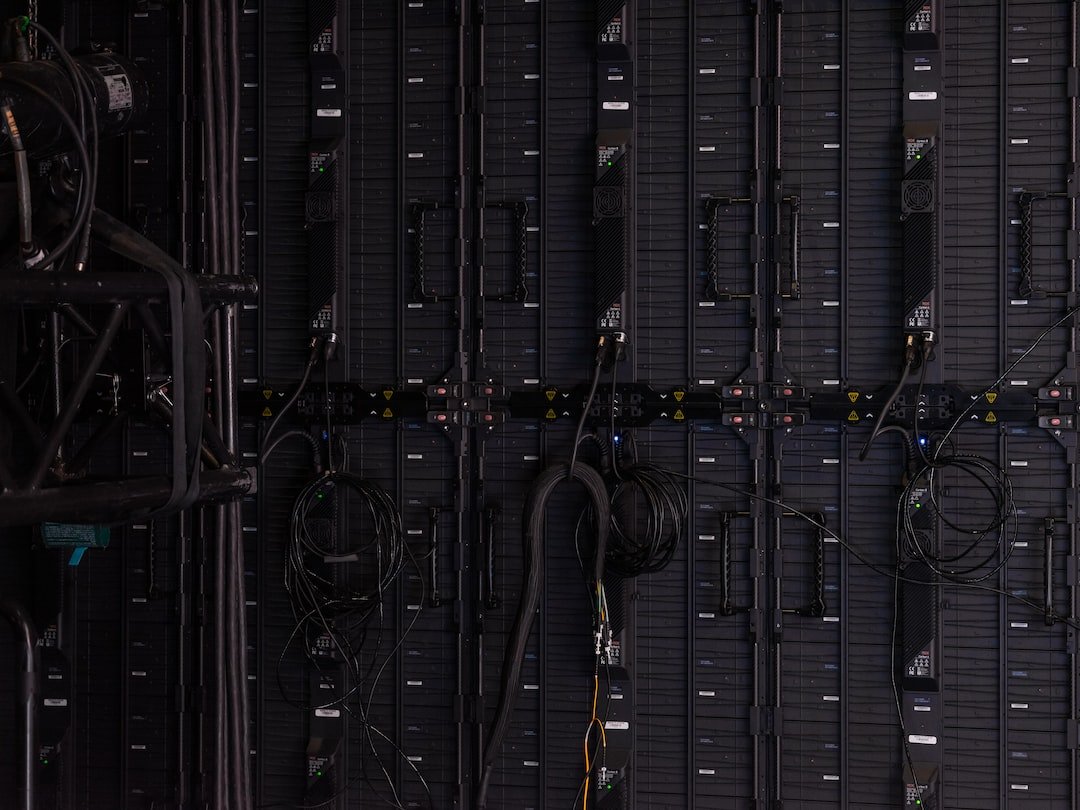Artificial Intelligence in Education: Revolutionizing Learning Experiences
Artificial Intelligence (AI) has become a transformative force across various industries, and the field of education is no exception. With the ability to process vast amounts of data and learn from it, AI has the potential to revolutionize learning experiences and make education more personalized, efficient, and effective.
One of the most significant advantages of AI in education is its ability to adapt to the individual needs of students. Traditional classroom settings often struggle to cater to the diverse learning styles and paces of students, leading to gaps in knowledge and student disengagement. AI-powered systems can analyze data about a student’s performance and preferences, enabling teachers to provide personalized learning experiences. For example, adaptive learning platforms can identify areas where a student needs extra help and generate custom learning pathways to address those areas. This level of individualization allows students to learn at their own pace, ultimately leading to better comprehension and retention.
Moreover, AI can enhance the quality of assessments and grading. Traditionally, assessment has predominantly relied on standardized exams and teacher grading, which can be subjective and time-consuming. AI-powered grading systems, on the other hand, can analyze and score assignments with high accuracy and objectivity. This not only saves teachers valuable time but also ensures fair and consistent evaluation. Additionally, AI can provide immediate feedback to students, helping them identify their strengths and weaknesses, and enabling them to improve their performance.
In addition to personalized learning and improved assessment, AI can also enable the creation of immersive and engaging learning experiences. Virtual reality (VR) and augmented reality (AR) technologies, powered by AI, can simulate real-world scenarios, allowing students to apply their knowledge in a practical environment. For example, medical students can practice surgical procedures in a virtual operating room, while history students can virtually explore ancient civilizations. These interactive experiences not only bring learning to life but also enhance student motivation and engagement.
However, as AI continues to revolutionize education, it is crucial to address concerns surrounding ethical and privacy issues. Data security and privacy in AI-powered systems should be prioritized, ensuring that student data is protected and used ethically. Additionally, it is essential to strike the right balance between AI and human interaction. While AI can provide personalized learning experiences, human teachers will always be needed to provide emotional support, guidance, and mentorship.
In conclusion, AI is transforming education by making it more personalized, efficient, and engaging. With its ability to analyze data, adapt to individual needs, and create immersive learning experiences, AI is revolutionizing how students learn and how teachers teach. However, it is crucial to address ethical and privacy concerns and strike the right balance between AI and human interaction. Embracing AI as a tool in education has the potential to unlock the full potential of every learner and create a more inclusive and effective learning environment.

